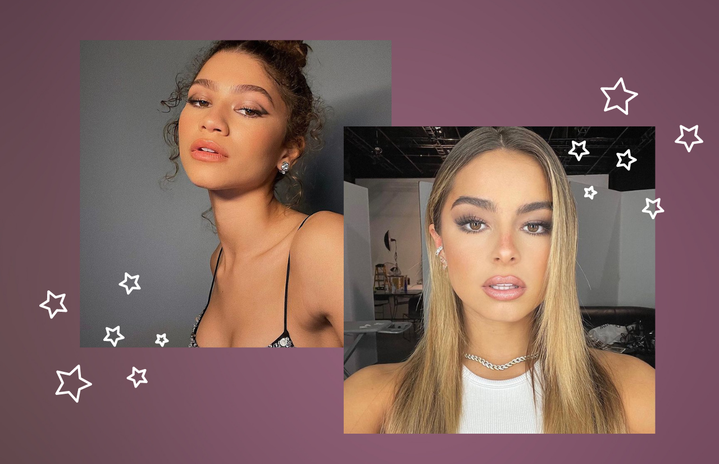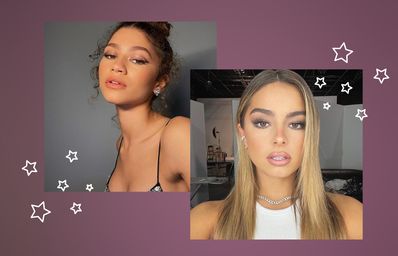Body shaming celebrities is something that has been so normalized in our society, many people fail to realize the repercussions it has on us as people.
Recently a popular “Minecraft” content creator on YouTube, Dream, who had stayed anonymous under an animated avatar and mask, did a face reveal. The reactions were not kind, to say the least. The internet has been flooded with memes about how he is “unattractive.”
I didn’t really think anything of it until someone made a joke that I looked like him. This may seem like a harmless joke to some but for me, I took in every negative thing people were saying about him and applied it to myself.
Body shaming celebrities is nothing new. It can be dated back to old Hollywood, actress Greta Garbo told; “In America, we don’t like fat women.”
Nowadays many people, women, in particular, have spoken up about how the media has body-shamed them. While the media has justifiably taken heat for their part in body shaming celebrities, the internet is a ground that has rarely been touched on with nuance. Most of the time when we see celebrities being insulted based on their appearance it’s boiled down to “trolls” attacking them. What’s missing from this conversation is how a lot of body shaming comes from us, because no one wants to acknowledge how we are complacent in this.
One thing to know about the internet is that it’s ruthless. People have the power to attack others anonymously and will do it at any given moment. Celebrities and influencers are often the targets of this.
Our relationship with celebrities and influencers will always be complicated. A lot of times people ruthlessly criticize them because they feel it’s deserved. Online hate campaigns are an interesting case because a lot of times it can start over something small, like when the D’Amelio sisters were criticized for not wanting to eat snails at a restaurant. These start to snowball and eventually, people will begin to start body shaming them and calling them ugly.
This is not exclusive to hate campaigns, people will body shame celebrities and influencers that they don’t like. I found a thread on Quora where people who dislike Addison Rae pick apart her appearance piece by piece. A lot of times people justify this because these people are famous and have money. They are allowed to be subjugated to these comments because they are public figures and in turn have opened themselves up to all forms of hate speech. But people don’t understand is how this affects the people around them. Sure it’s easy to go online and talk badly about public figures you don’t know personally, but those things have a ripple effect.
If you feel confident enough to call someone ugly online do you hold those same values behind closed doors towards people you know?
What about the things people criticize the person’s appearance on? Dream was made fun of for his jaw, does that mean my jaw is ugly? What we fail to understand is that by diminishing people for their personal appearances, famous or not, we are complacent in upholding toxic beauty standards that have plagued our society for generations.


